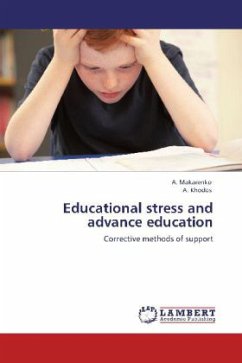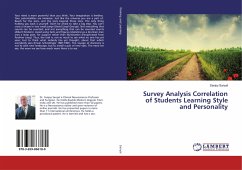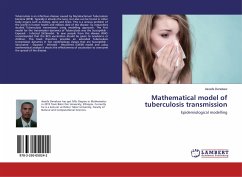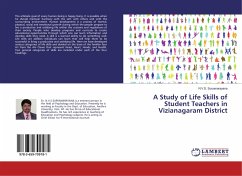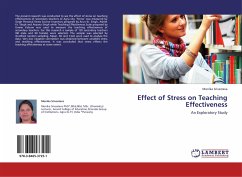The work in this book used a deterministic mathematical model to analyze the impact of stress on the dynamics and treatment of Tuberculosis. Both qualitative and numerical analyses of the model were done and the impact of health education campaigns to reduce stress was investigated. Qualitative results show that the model has two equilibria: the disease free equilibrium (DFE) and the endemic equilibrium (EEP). When the effective reproduction number with health education campaigns is less than one, a backward bifurcation occurs. Numerical results show that, when the rate of stress is high, it is seen that the infected population increases and when the rate is low, the infected population decreases. The reproduction numbers have a direct relationship with the rate of transmission ( ). But when health education campaigns are introduced, the level of stress reduces to completely low levels. The book recommends that TB infected individuals should take health education campaigns to increase the rate of recovery.
Bitte wählen Sie Ihr Anliegen aus.
Rechnungen
Retourenschein anfordern
Bestellstatus
Storno


